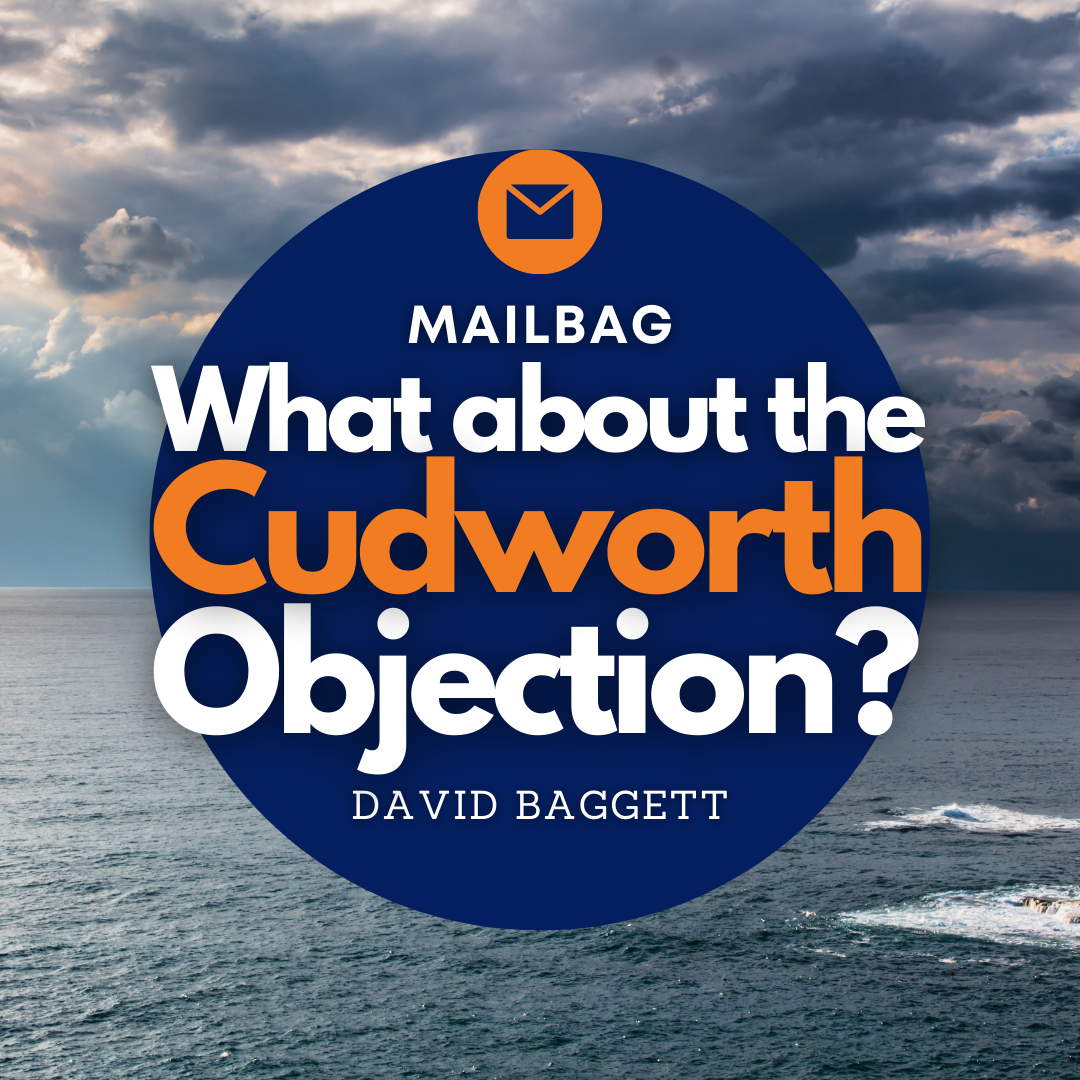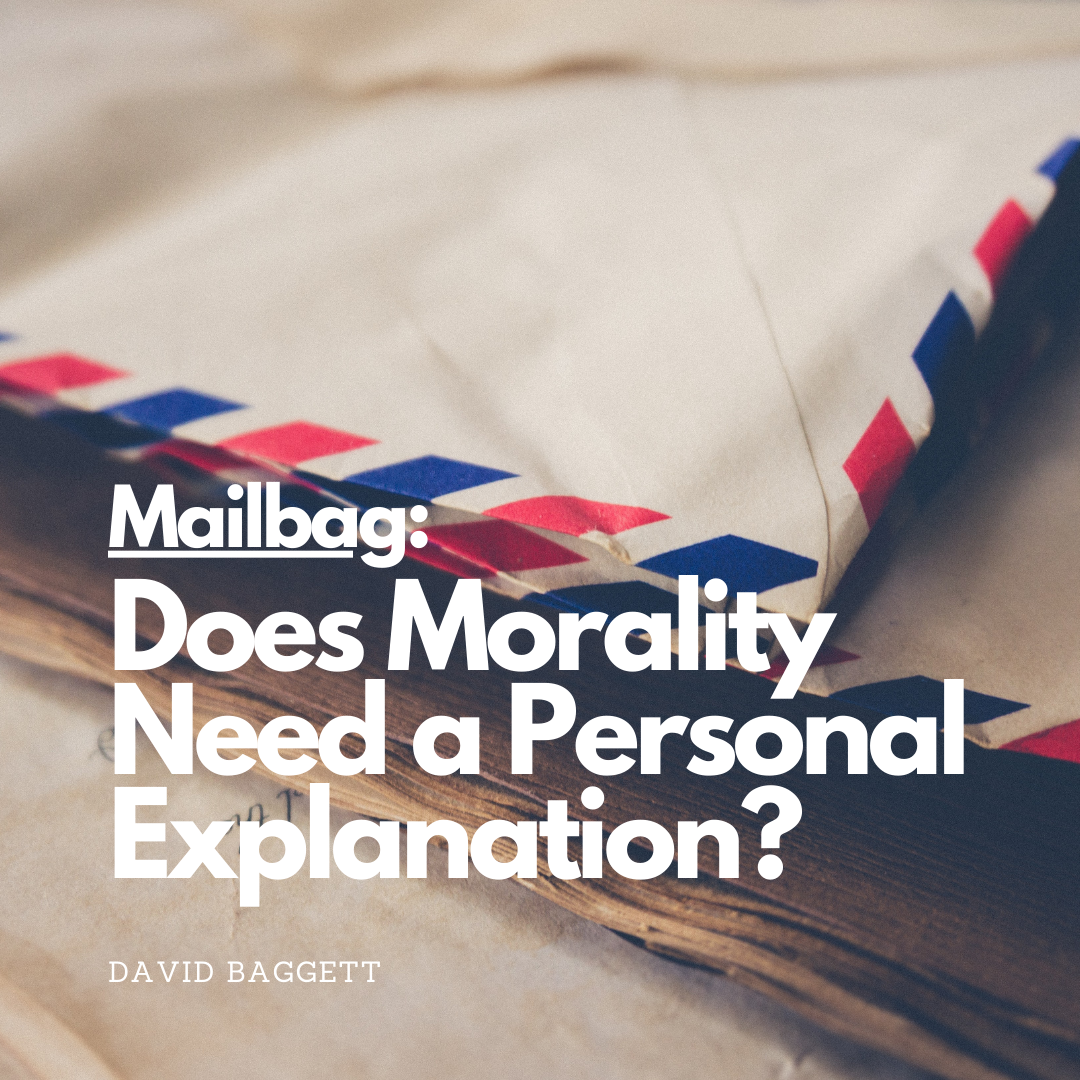The Center for the Foundations of Ethics at Houston Baptist University exists to generate a community of scholars devoted to exploring the rich resources of moral apologetics. Moral apologetics has for its focus the evidential significance of moral realities of various sorts. On occasion such evidence can be put into premise/conclusion format. The following is a nonexhaustive list of moral arguments hammered into discursive format, in an effort to show some of the range of possibilities in two senses:
First, there is diversity when it comes to the moral phenomena under consideration. Second, there are several ways in which to couch the evidential connections—from natural signs to induction, from deductive to abductive formulations. Obviously, all of these arguments invite critique and critical scrutiny; the purpose of this list is not to settle such matters, but simply to provide some examples of possible arguments. The footnotes have been kept to a relative few, but point to some of the complexities involved in the analysis of such arguments, and a few of the salient sources.
Immanuel Kant: Arguments from Grace and Providence
Argument from Grace:
1. Morality requires us to achieve a standard too exacting and demanding to meet on our own without some sort of outside assistance, resulting in a “moral gap.”
2. Exaggerating human capacities, lowering the moral demand, or finding a secular form assistance are inadequate for the purpose of closing the moral gap.
3. Divine assistance is sufficient to close the gap.
4. Therefore, rationality dictates the postulation of God’s existence.
Argument from Providence:
1. Full rational commitment to morality requires that morality is a rationally stable enterprise.
2. In order for morality to be a rationally stable enterprise, it must feature ultimate correspondence between happiness and virtue.
3. There is no reason to think that such correspondence obtains unless God exists.
4. Therefore, rationality dictates the postulation of God’s existence.[1]
Henry Sidgwick: An Argument Based on the Dualism of Practical Reason
1. Morality can be made completely rational only if a complete harmony between the maxim of rational self-love and the maxim of rational benevolence can somehow be demonstrated.
2. If God exists, we may legitimately infer Divine sanctions such that there is a complete harmony between rational self-love (one’s interest) and rational benevolence (universal happiness).
3. If we can legitimately infer that there is complete harmony between rational self-love and rational benevolence, morality can be made completely rational.
4. Therefore, if God exists, morality can be made completely rational.[2]
C. S. Lewis: Argument from Book 1 of Mere Christianity
1. There is a universal Moral Law.
2. If there is a universal Moral Law, there is a Moral Law-giver.
3. If there is a Moral Law-giver, it must be something beyond the universe.
4. Therefore, there is something beyond the universe.
Austin Farrer: An Argument Based on Human Worth/Dignity
Human persons have a special kind of intrinsic value that we call dignity.
The only (or best) explanation of the fact that humans possess dignity is that they are created by a supremely good God in God’s own image.
Probably there is a supremely good God.[3]
Alvin Plantinga: A Moral Obligations Argument
1. If there are objective moral duties, then God exists.
2. There are objective moral duties.
3. So, God exists.[4]
Richard Swinburne: An Inductive Epistemic Argument
Humans possess objective moral knowledge.
Probably, if God does not exist, humans would not possess objective moral knowledge.
Probably, God exists.[5]
C. Stephen Evans: Natural Signs Approach
1. Natural signs satisfy the Pascalian constraints of wide accessibility and easy resistibility and dispose us to believe in God.
2. Human value and authoritative moral obligations function as moral natural signs.
3. Therefore, human value and authoritative moral obligations dispose us to believe in God.[6]
William Lane Craig: Value and Duties Argument
1. If God doesn’t exist, then objective moral values and duties don’t exist.
2. Objective moral values and duties do exist.
3. Therefore, God exists.
C. Stephen Layman: Authority of Morality Argument
1. The overriding (or strongest) reasons always favor doing what is morally required. (“Overriding Reasons Thesis” (ORT))
2. If there is no God and no life after death, then ORT is not true. (“Conditional Thesis”)
3. Therefore, either there is a God or there is life after death in which virtue is rewarded.
4. If (3) then God exists.
Mark Linville: A Deductive Epistemic Argument
1. If evolutionary naturalism (EN) is true, then human morality is a byproduct of natural selection.
2. If human morality is a byproduct of natural selection, then there is no moral knowledge.
3. There is moral knowledge.
4. So, EN is false.[7]
Baggett/Walls: A Four-Fold Abductive Cumulative Argument
Moral facts[8], moral knowledge, moral transformation, and moral rationality require robust explanation.[9]
The best explanation of these phenomena is God.
Therefore, God (probably) exists.[10]






























